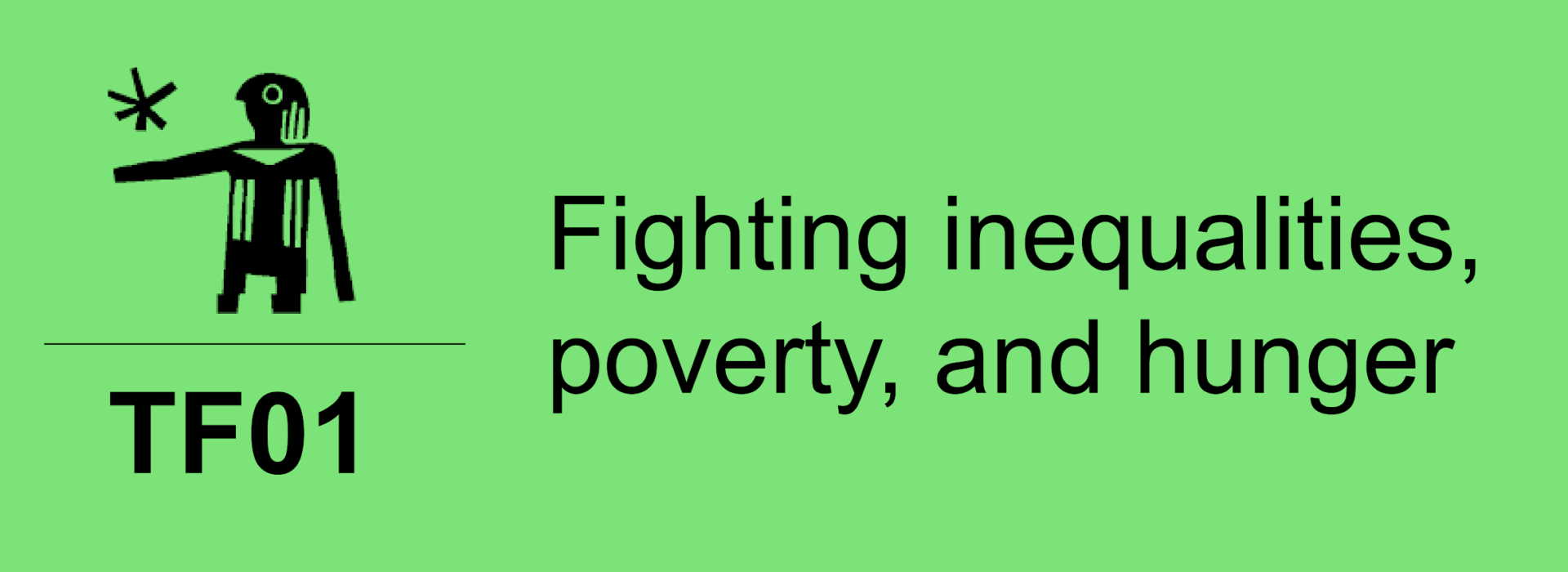Access to safe drinking water and sanitation is a critical development challenge. Despite efforts, 3.5 billion people still lack access to safely managed sanitation and over 2 billion people consume contaminated drinking water. SDG indicator of SDG target 6 is crucial to be met for safeguarding human health and reducing inequalities, especially for women and children who often bear the burden of inadequate facilities. Evidence shows that investing in sanitation and water treatment brings substantial returns, yet governments often fail to adequately prioritize and finance improvements. To address the crisis, equitable access, technology implementation, and resource mobilization are crucial. There are several approaches that could address the gap in water and sanitation efforts: 1. Institutionalizing access to clean water into public policy: In regions where water is delivered through piped systems or storage tanks, inline chlorination technologies can inexpensively provide access to safe drinking water. In areas where it will not be feasible for governments to provide piped water for some time, one way to deliver water treatment at scale is through existing maternal and child health (MCH) services, which already reach the vast majority of mothers and children, even in rural, low-income, high-mortality contexts. MCH clinics provide a free package of essential goods and services (e.g., bednets, vaccines). Free water treatment solutions could be integrated into this package at a very low cost. 2. Implementing the City-wide Inclusive Sanitation (CWIS): The approach aims to ensure everyone has access to safely managed sanitation by promoting a range of solutions-both onsite and sewered, centralized or decentralized-tailored to the realities of the world’s burgeoning cities. CWIS means focusing on service provision and its enabling environment, rather than on building infrastructure. Certain G20 countries, such as Japan, have fabricated technological solutions which allow citizens to access safely managed sanitation services without a sewer connection. Authors of the policy brief advocate that the G20 countries should facilitate promotion of approaches such as CWIS and ILC technologies to achieve a future where poor sanitation and water treatment systems do not hinder human health, safety and economic participation.
Register for Updates
Would you like to receive updates on the Global Solutions Initiative, upcoming events, G7 and G20-related developments and the future of multilateralism? Then subscribe here!
1 You hereby agree that the personal data provided may be used for the purpose of updates on the Global Solutions Initiative by the Global Solutions Initiative Foundation gemeinnützige GmbH. Your consent is revocable at any time (by e-mail to contact@global-solutions-initiative.org or to the contact data given in the imprint). The update is sent in accordance with the privacy policy and to advertise the Global Solutions Initiative’s own products and services.









